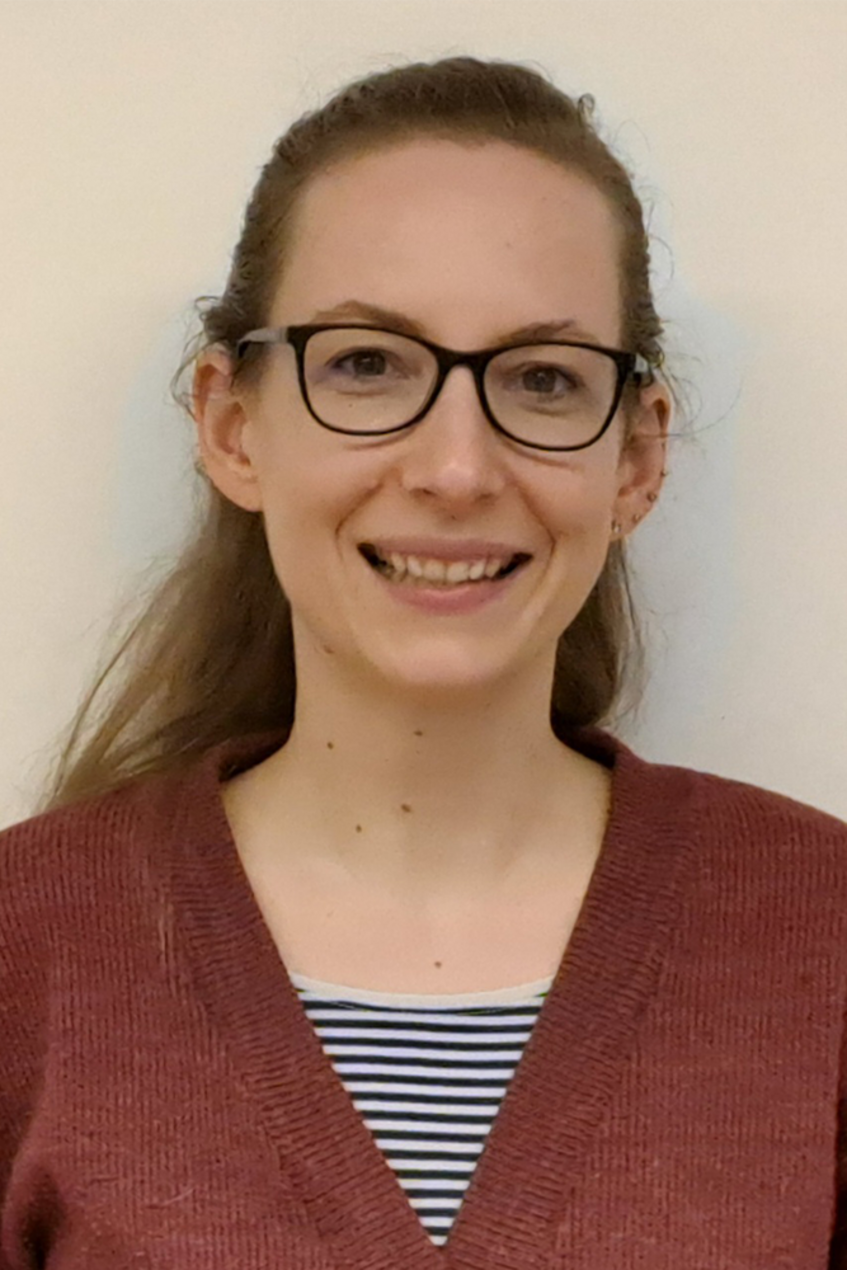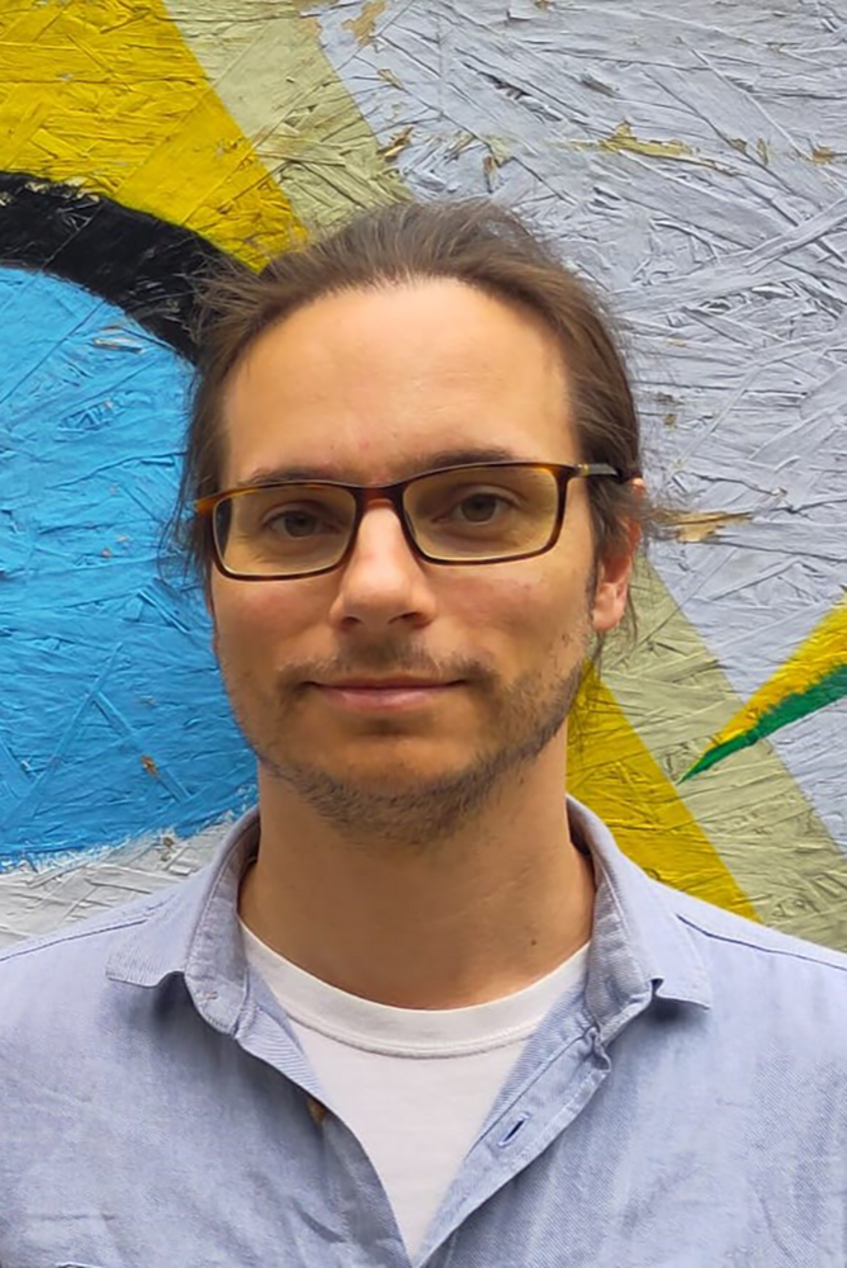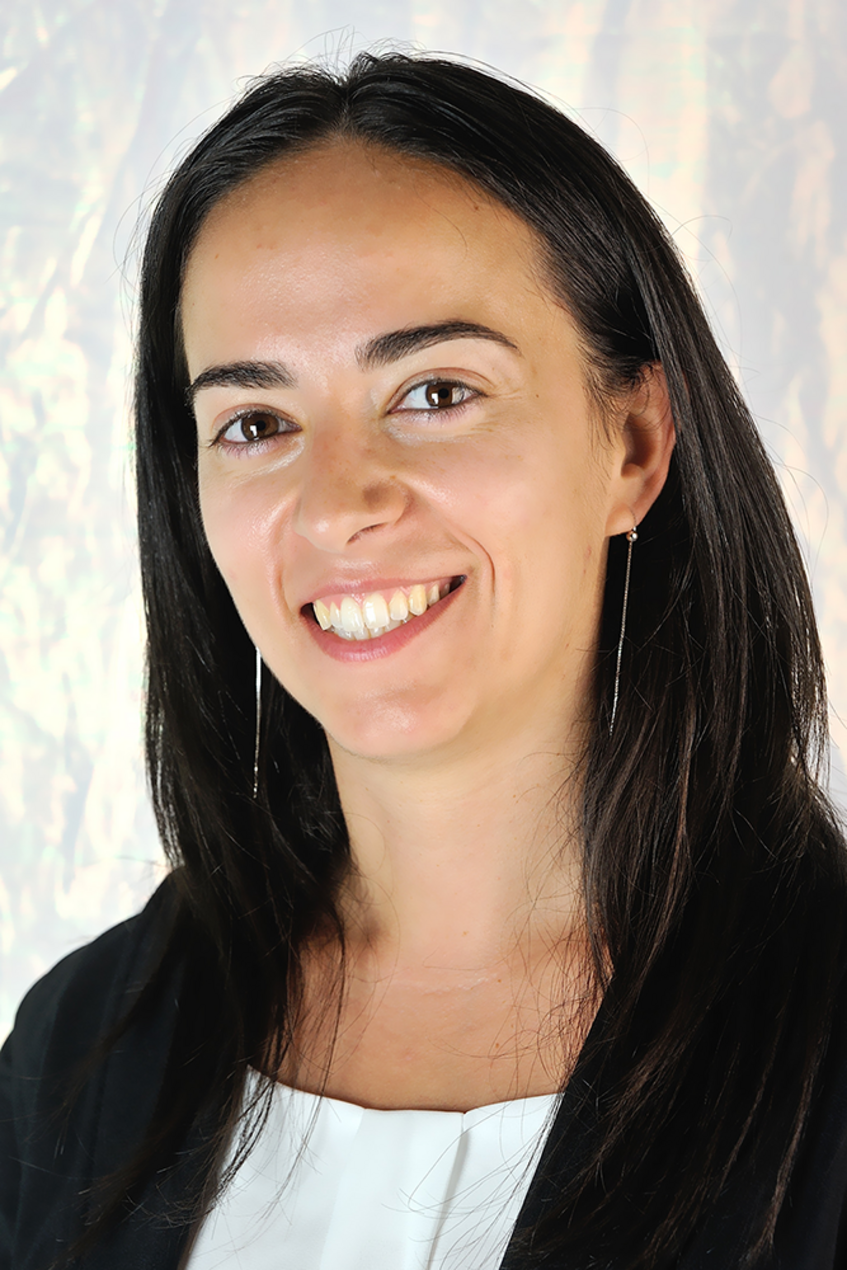Data Science @ Uni Vienna Seed Grants
Call for Submissions 2025
The Research Network Data Science @ Uni Vienna invites applications for seed grants to support innovative, collaborative, and interdisciplinary research in Data Science. These grants are designed to help early-career scholars (up to 7 years post-PhD, taking career breaks into account) prepare competitive proposals for major funding opportunities and to support collaboration across faculties within the network.
Purpose:
The seed grants are intended to support the preparation of major funding applications (e.g. ERC Frontier Research Grants, FWF Principal Investigator Projects, FWF START, Elise Richter, or similar). Projects must be relevant to the domain of Data Science, and resulting applications must be submitted through one of the faculties affiliated with the research network. Grant recipients are expected to present their projects and any preliminary results at one of our networking events. The timeline for the submission of the major funding application must be within one year.
Eligibility:
- Eligible Candidates: Early-career researchers (advanced doctoral candidates, postdoctoral fellows, and assistant professors) at the University of Vienna who are affiliated with the Research Network Data Science @ Uni Vienna at the time of application and are expected to maintain their affiliation for at least 12 months.
- Membership: For information on joining the network, please refer to the membership guidelines of the Research Network Data Science @ Uni Vienna.
- Research Focus: Proposed projects must align with the domain of Data Science and be hosted within a faculty of the University of Vienna affiliated with the research network. Preference will be given to proposals that promote interdisciplinary collaborations across multiple faculties.
- Funding Amount: € 1,000 – € 5,000
- Eligible Expenses: Covered costs may include research software or data acquisition, travel and accommodation for workshops whose purpose is proposal development, or external contracts for project-related tasks. While this list is not exhaustive, all expenses must be clearly justified in relation to the objectives of the grant.
Evaluation Criteria:
- Purpose: How clear is it that the seed funding will be used for the preparation of an application for a major (ideally collaborative) grant – e.g. FWF Principal Investigator Project, START grant, ERC grant, WWTF, etc. – on a topic and in a faculty?
- Quality of idea: How clear is the idea in terms of its relevance, objectives, description of the state of the art, objectives, and methods? Is the benefit of the short proposal for the larger one clearly explained?
- Budget and timeline: How plausible, reasonable, and well-justified is the budget? Is the timeline clearly explained and feasible?
- Feasibility: Is the larger programme targeted by the applicant likely to be a good fit for the proposed project, and are the activities described in the grant application likely to improve the chances of its success?
Application Process:
Applications should be submitted via e-mail to info.datascience@univie.ac.at as a single PDF file, which must include the following documents:
- Cover letter (max 1 page)
- CV of the applicant (max 1 page)
- Detailed budget with explanations of expected costs (max 1 page)
- Project description of two pages with the following topics:
- Project summary, including the host faculty and any collaborators
- Name of an independent expert who can be consulted on the project topic if necessary
- Details of the funding scheme for the full application including an explanation of how the seed grant supports the application of a follow up application
- Timeline for submitting the full application, outlining any events funded by the seed grant
For any questions or further information, feel free to contact us at info.datascience@univie.ac.at
Application Deadline:
Sunday, 7 September 2025
We are happy to announce Seed Grants Winners of 2024:
Susanna Sawyer and Jory Lietard


Susanna Sawyer—postdoctoral researcher at the Department of Evolutionary Anthropology—and Jory Lietard—Assistant Professor at the Institute of Inorganic Chemistry—plan to investigate alternative sequencing strategies for ancient DNA using Oxford Nanopore Technology. Their project will be the first step in this plan by producing data to train a new basecaller for degraded ancient DNA.
Andreas Baumann and Yllka Velaj


Languages and the words that we use to communicate are subject to change. In their project, Andreas Baumann—Assistant Professor at the Department of German Studies— and Yllka Velaj—Assistant Professor at the Faculty of Computer Science—plan to investigate how words spread through speaker populations via digital and in-person interactions by combining data and methods from demographics, epidemiology, social media, and network science.
